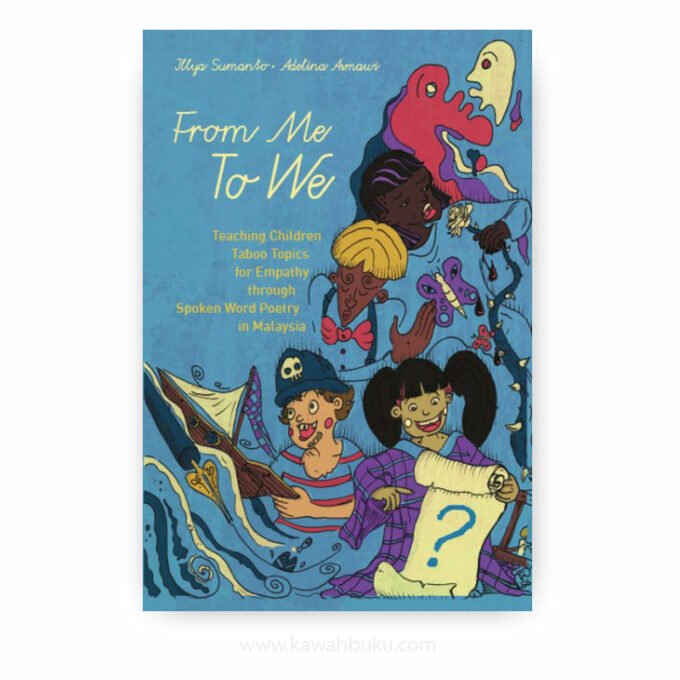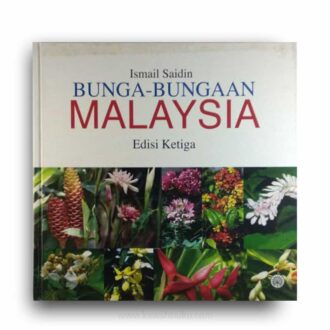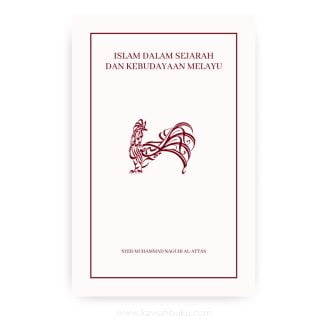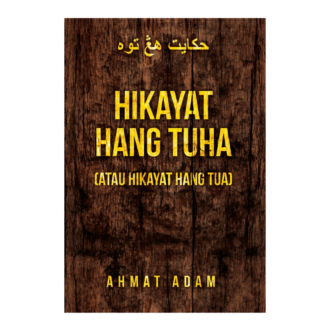From Me to We: Teaching Children Taboo Topics for Empathy Through Spoken Word Poetry in Malaysia offers us a way to teach children to speak their own reality in order to make a more empathic world. It offers ways for children to find beauty in poetry which questions “who we are, where have we come from, and where we are going,” and it does it in such a way that it supports familiarity, invention, and emotional growth.
It is an academic book about spoken word poetry, audience-based poetry, with a thriving emphasis on the performative nature of poetry through the spoken word form. It speaks about poetry which utilizes a language that is indigenous to the form, unique to orality, and driven by the intention to share understanding. We learn that Spoken Word Poetry is poetry that begins in the heart and strives to answer the questions that confuse and befuddle us as we go about growing up and living in the world.
From Me to We recognizes that Spoken Word poetry, having its roots in ancient oral traditions—when the story of the tribe was told in song—has grown to include more than the community. Spoken Word poetry expands the story of the community to include the perceptions of the individual. It allows for blossoms that are firmly rooted in individual experience, touching heart-to-heart and prospering in a democratic platform. It is this democracy in expression that allows for deeper and more expansive learning. This book emphasizes transcending social, political and cultural restraints, and encourages generous critical thinking regarding individual communication in the community.
The authors have written a formal book, unburdened by excessive academic scaffolding, with the attention of someone who is truly in love with poetry, teaching and humankind. This book evidences a scholastic dedicated to well-being, with a mission to teach children to think, explore, and understand. It would be hard to imagine the teacher and teaching professional that is not dedicated to this concern of education through the development of language expression. And family and parents of children, who are also thinking about the treacherous navigation of unavoidable obstacles that face us as we go and grow, should also know this book. Who is not concerned with giving children the opportunity to speak to their existence and reality, freeing them from misunderstanding and isolation?
List of Figures and Table
Foreword
Preface
List of Abbreviations
1. The Selfie Syndrome
Spoken Word Poetry
Proficient Learners
EL in ESL Classrooms
Exploration of EL in Malaysian Academia
The Issue: Nobody Really Likes Poetry
So How Do We Start Teaching Poetry Then?
The Politics of Teaching Poetry
Spoken Word Poetry Education Movement
Important Note: The Need for this Book
Intersections between Critical Thinking and Critical Pedagogy
Discovery of ‘New’ Knowledge
Dialogue
Skills of Reasoning
In brief
The Point Is Not The Point: The Point Is Poetry
Critical Pedagogy
Emotional Literacy
Empathy
A Point to Ponder
2. Emotions and Critical Thinking
Emotional Literacy
Intrapersonal EL in Education
Interpersonal EL in Education
Emotional Work is Not Anti-Intellectual but In Fact Interdependent with Cognitive Processes
Interpersonal EL and ESL Learning
Empathy and Critical Pedagogy
Critical Pedagogical Practices in Malaysia: We Got It Wrong
Spoken Word Poetry in Schools
Spoken Word Poetry and Critical Pedagogy
A Point to Ponder
3. How to Use Spoken Word Poetry as a Critical Pedagogical Tool in Elementary Classrooms
SWP Model Lessons
Create a Safe Creative Space
Begin with a Circle, End with a Circle
Four Stages of SWP Workshop
Rhyme Game
Reimagining SWP
Four Stages of Online SWP Classes
Discussion of a Critical Topic
SWP Writing
SWP Performance
Collective Reflection
A Point to Ponder
4. Case Application
Sally
Raffael
Amy
Didi
Lessons Learnt from Teaching ‘Taboo’ Topics to the Children
Discovery of ‘New’ Knowledge
An Important Note on Mutual Trust
The Importance of Intrapersonal Knowledge
From Intrapersonal to Interpersonal Knowledge
Relevance to Learning
Skills of Reasoning
Development of Strategies and Conditioning
Relevance to Learning
Dialogue
SWP as a Democratic Platform
Mutual Trust: Getting Children to Speak Up
Freedom of Speech vs. Hate Speech
Relevance to Learning
From Intrapersonal to Interpersonal Discourse
Overview of SWP as a Critical Pedagogical Tool
Trust
Relevance to Learning
From Intrapersonal to Interpersonal Knowledge
Conditioning for Thinking
Indoctrination
The Children’s Response to ‘Taboo’ Topics in SWP
A Point to Ponder
5. Poetry and Empathy
Recognition of Feelings: The Ability to Understand the Feelings and Needs of the Self as Well as Others
Moral Identity: Caring Mindsets to Feel with and Help Others
Self-Regulation: Management of Strong Emotions and Reduction of Personal Distress
Think ‘Us’ Not ‘Them’ — The Reduction of the Unconscious Nature of the ‘Me-First’ Mindset That Involves Pushing Someone Else Aside
Practice of Kindness: Ability to Consider and Show Concern for Others
How Critical Pedagogy through SWP Fosters Empathy
From Self-Empathy to Moral Empathy
Sense of Belonging
Trust
Class Dynamic
Points to Ponder
6. Children Can Understand ‘Complex’ Topics
Development of Critical Thinking in Children
Development of Empathy in Children’s Spoken Word Poetry
A Point to Ponder
References
Index











Reviews
There are no reviews yet